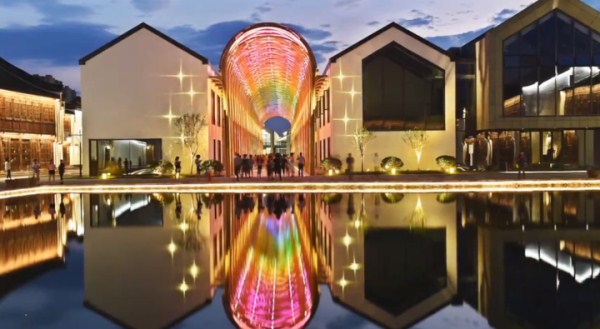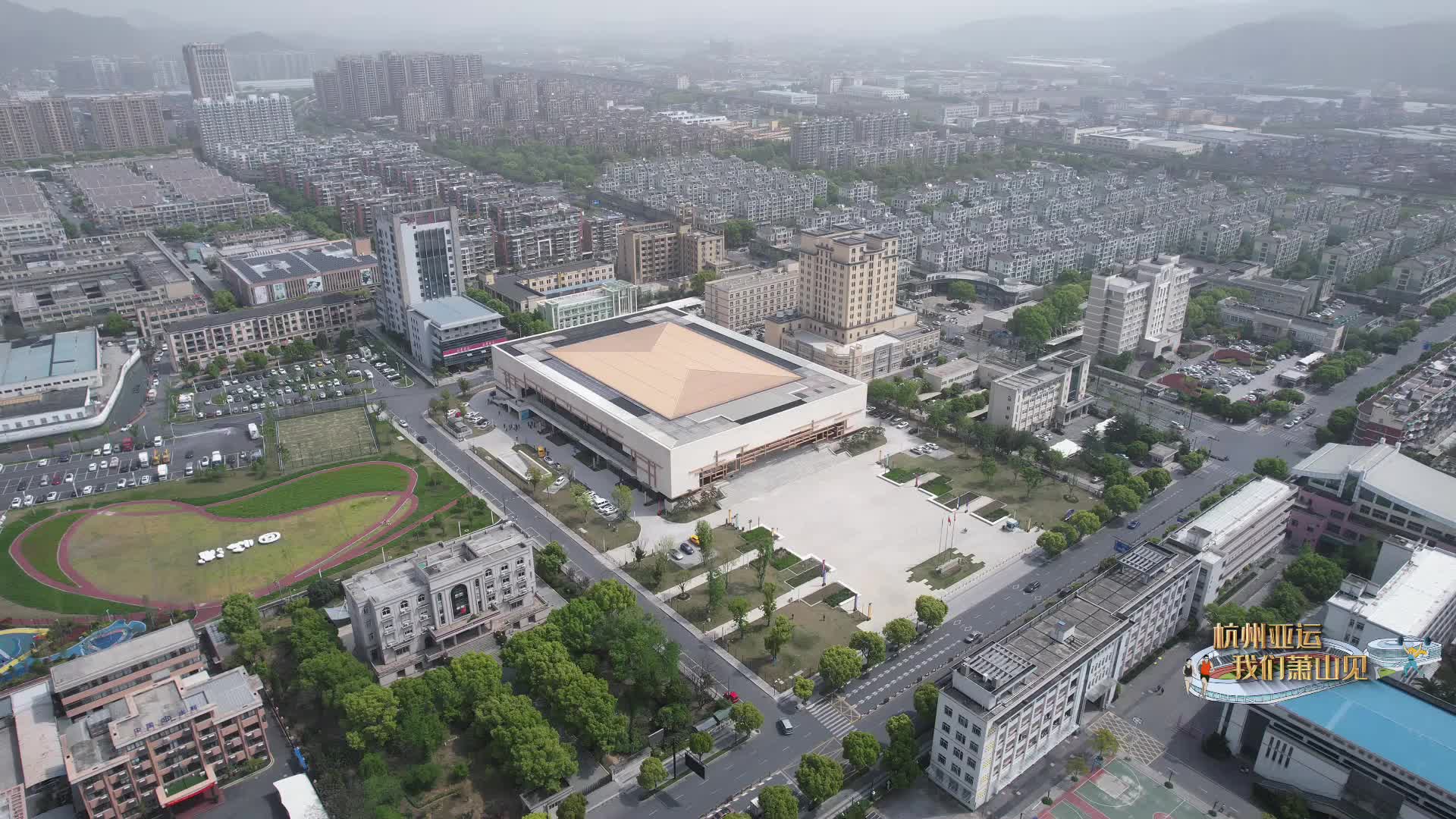Hangzhou at forefront of digital economy

Hangzhou Dream Town, the main venue of the 2019 National Mass Innovation and Entrepreneurship Week in Hangzhou, Zhejiang province [Photo/zjol.com.cn]
Aside from its booming digital economy, Hangzhou also witnessed strong growth in its regional GDP over the past 70 years, which increased from 255 million yuan in 1949 to 1.35 trillion yuan in 2018, a factor of 945.8, making it the 10th Chinese city to join the trillion-yuan GDP club last year.
In 2018, the per capita disposable income of urban and rural residents in Hangzhou reached 61,172 yuan and 33,193 yuan respectively, an increase of 180 times and 203.9 times over 1978.
Renowned for its thriving private sector, Hangzhou has also ranked first in terms of the number of top 500 private enterprises in China for 16 consecutive years. Its private economy accounted for 60 percent of the regional GDP last year.
Construction of innovation platforms, such as Zhejiang Laboratory, Westlake University and Alibaba DAMO Academy, has been accelerated, making the city an ideal place for entrepreneurship and innovation. Hangzhou has enjoyed the largest influx of talents in China over the past few years.
A total of 1,075 high-tech enterprises in national key development areas set up operations in Hangzhou last year, accounting for 33.6 percent of the province's total.
Great changes have also taken place in the urban and rural areas of Hangzhou, with the city's urban area expanding from 252 square kilometers in 1949 to 8,289 square kilometers in 2018. Its urbanization rate reached 77.4 percent in 2018, up from 23.8 percent in 1949.
With its green, low-carbon development model, Hangzhou has witnessed significant improvement in urban environmental quality, with the annual average PM2.5 concentration falling to 40 micrograms per cubic meter in 2018. The city was recognized as a national ecological garden city in 2017.
-
Foreign teacher, Hangzhou students capture picturesque countryside
August 9, 2023
-
Hangzhou Asian Games launch 50-day-to-go campaign
August 4, 2023
-
Hangzhou achieves 6.9% GDP growth in H1 2023
July 27, 2023



